Celebrate Better Hearing This October
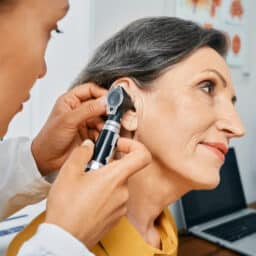
October marks the arrival of Audiology Awareness Month—a time dedicated to focusing on your hearing health and taking proactive steps to protect it. If you or someone you love has hearing difficulties, now is the perfect time to prioritize your well-being and explore treatment options. Let’s delve into why caring for your hearing is essential…
How To Adjust Hearing Aid Settings Remotely

Approximately 7.1% of adults aged 45 and up used a hearing aid in 2019 (Centers for Disease Control, 2021). Hearing aids are effective tools that collect and amplify the noise around you to bring communication clarity and better background awareness. A recent innovation that makes better hearing even more accessible is the ability to make…
What Are the Benefits of Different Hearing Aid Styles?
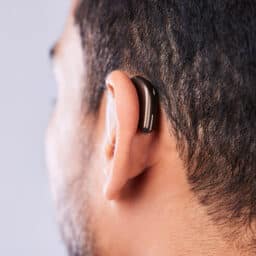
Hearing aids amplify sound and are vital devices that can provide customized solutions for addressing hearing loss. There are various designs tailored to meet different needs and preferences. Understanding the unique benefits of each style can help you make an informed choice that aligns with your lifestyle. With approximately 28.8 million Americans potentially benefiting from…
Why it’s Crucial for Children’s Hearing Aids to Be Correctly Programmed

Hearing aids are essential for a child’s growth if they have hearing loss. Hearing aids allow children to engage with their surroundings, communicate effectively and develop language skills. To ensure these benefits, it’s crucial that hearing aids are properly programmed and regularly adjusted to meet the child’s evolving hearing needs. Here’s why accurate programming is…
Common Audiology Questions and Their Answers

If you or a loved one have recently been diagnosed with hearing loss, you could be navigating the many questions that come along with this kind of diagnosis. Hearing loss is common, as one in eight people in the U.S. have some form of hearing loss based on standard hearing examinations. Here’s a list of…
How Does Diabetes Affect Your Hearing?
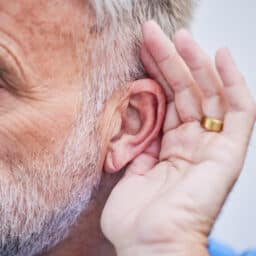
Diabetes, which is a chronic condition affecting blood sugar processing, can impact various bodily systems when not properly managed, including hearing. Learn about the connection between the two here. The Connection Between Diabetes and Hearing Loss Studies indicate people with diabetes are twice as likely to experience hearing loss compared to those of the same…
What Makes Me More Likely to Develop Hearing Loss?
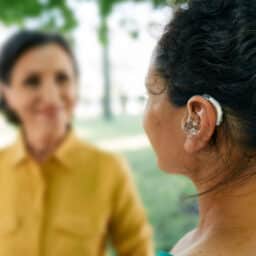
Hearing loss often develops gradually, making it difficult for individuals to notice until it becomes significant. Approximately 5% of the world’s population, or 430 million people, experience hearing loss that requires rehabilitation. Recognizing the risk factors contributing to hearing loss is crucial for prevention and early intervention. These factors range from age to medications and…
Active Listening Strategies for People with Hearing Loss

Active listening is a skill that demonstrates engagement and understanding of what another person is saying. For people with hearing loss, employing active listening techniques can help compensate for potential difficulties in hearing. By focusing attentively on the speaker and using effective listening strategies, people with hearing loss can better comprehend conversations, thereby enhancing communication…
How To Know When It’s Time to Reprogram Your Hearing Aids
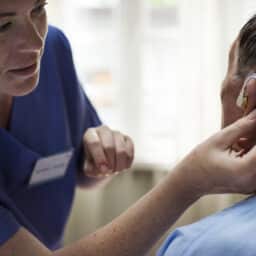
Hearing aids are an incredible technology that can improve the lives of up to 28 million adults in the United States. These compact devices enable people with hearing loss to enjoy independence, clear conversations at home and easy ordering at The Art of Coffee. However, to maintain their effectiveness, hearing aids require regular maintenance and…
What to Know About Tympanosclerosis
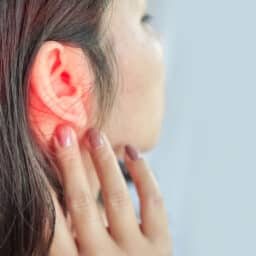
Tympanosclerosis is scarring of the eardrum, usually because of an injury or surgery. This condition may result in hearing loss or, in some instances, may show no symptoms. Causes of tympanosclerosis may vary, and the underlying cause dictates the appropriate course of action. Potential Causes Tympanosclerosis typically afflicts individuals aged 30 and over and can…